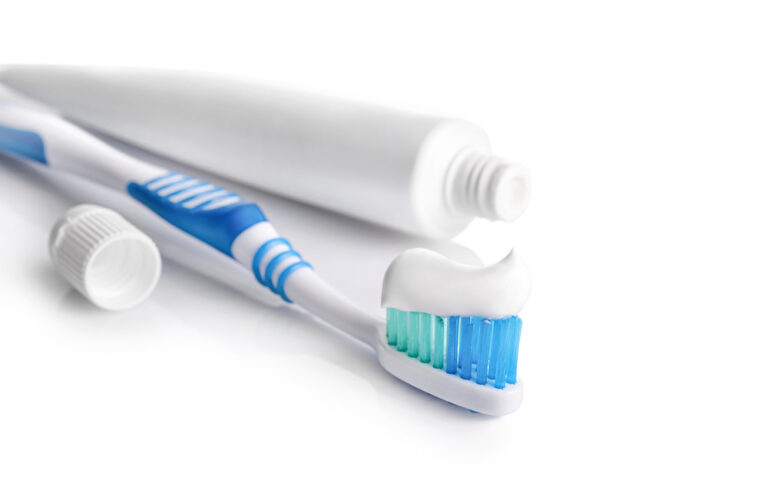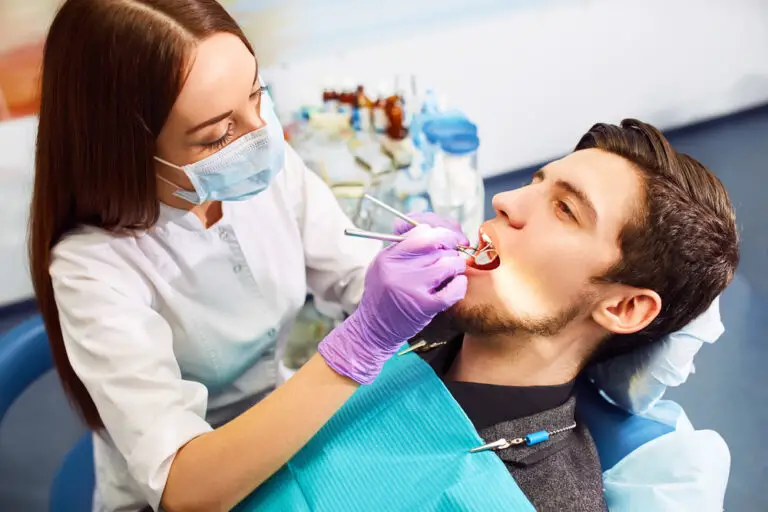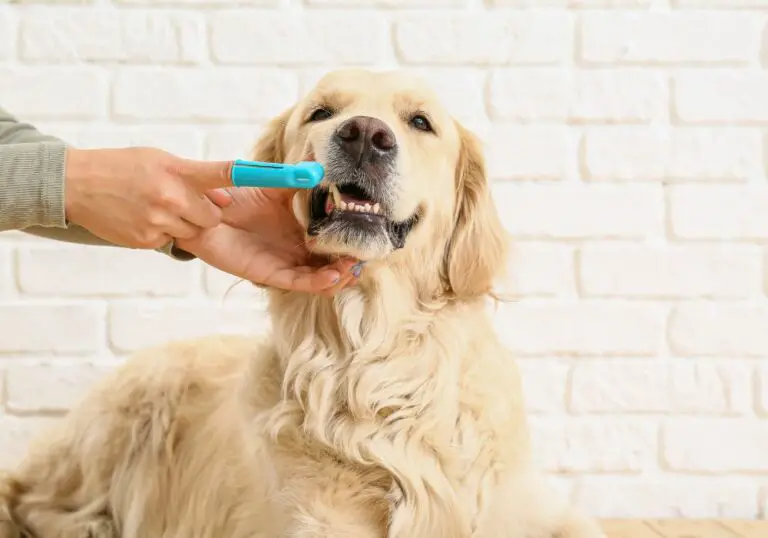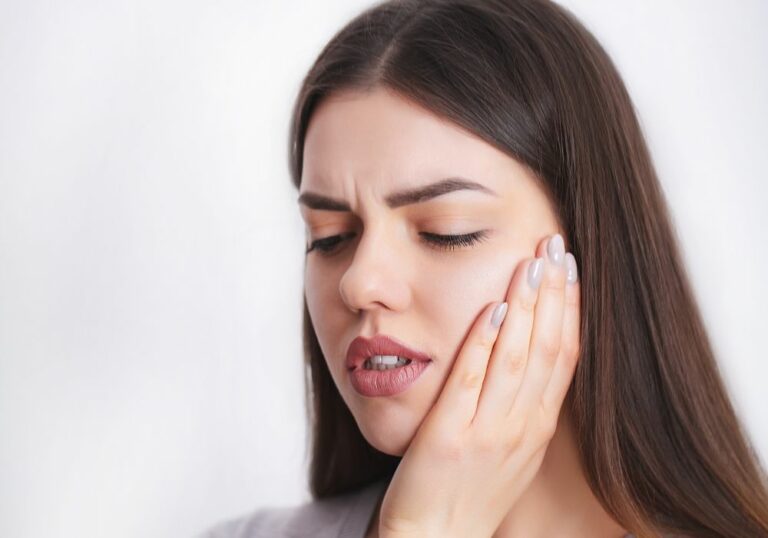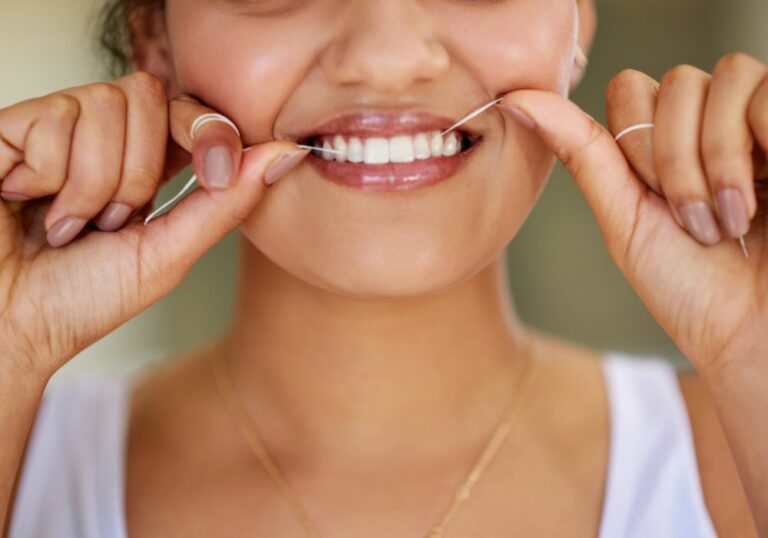If you’re looking to brighten your smile, you may have heard that hydrogen peroxide can be an effective teeth whitening agent. But can you make your own teeth whitening solution with hydrogen peroxide? The answer is yes, but it’s important to do so safely and correctly.
Hydrogen peroxide is a common household item that can be found in most drugstores and supermarkets. It’s also a key ingredient in many commercial teeth whitening products. However, using hydrogen peroxide incorrectly can cause damage to your teeth and gums. It’s important to use the right concentration and to follow proper application techniques to avoid any negative side effects. In this article, we’ll explore how to safely make your own teeth whitening solution with hydrogen peroxide, and what to keep in mind when doing so.
Understanding Teeth Whitening
If you’re looking to brighten up your smile, teeth whitening is a popular cosmetic dental treatment that can help. One option for teeth whitening is using hydrogen peroxide, which is a common ingredient in many over-the-counter teeth whitening products. But, can you make your own teeth whitening with hydrogen peroxide? Let’s take a closer look.
Teeth whitening works by removing stains and discoloration on the surface of your teeth. There are two types of stains that can affect the color of your teeth: extrinsic and intrinsic. Extrinsic stains are on the surface of your teeth and are caused by things like coffee, red wine, and tobacco. Intrinsic stains are deeper in the tooth and can be caused by factors such as aging, certain medications, and genetics.
Hydrogen peroxide is a bleaching agent that can help remove both extrinsic and intrinsic stains. It works by breaking down the chemical bonds that cause discoloration, leaving your teeth looking brighter and whiter. However, it’s important to use hydrogen peroxide in the proper concentration to avoid damaging your teeth and gums.
While it is possible to make your own teeth whitening paste using hydrogen peroxide and baking soda, it’s important to be cautious. Using too high of a concentration of hydrogen peroxide can cause tooth sensitivity and even damage your tooth enamel. It’s best to consult with a dentist before attempting any DIY teeth whitening treatments.
Overall, teeth whitening with hydrogen peroxide can be an effective way to brighten your smile. However, it’s important to use caution and follow proper guidelines to avoid any potential damage to your teeth and gums.
Role of Hydrogen Peroxide in Teeth Whitening
Hydrogen peroxide is a common ingredient in teeth whitening products. It is a natural bleaching agent that can penetrate the layers of teeth and remove compounds that cause discoloration. Peroxide breaks down into smaller molecules, specifically water and oxygen, which release free radicals that can lift stains from your teeth and make them appear whiter.
Studies have shown that hydrogen peroxide does indeed whiten teeth, and that both concentration and treatment time can alter the result. However, high concentrations and longer treatment times can cause damage to teeth and gums. It is recommended to use lower concentrations and shorter treatment times to avoid any potential harm.
While hydrogen peroxide can be effective in whitening teeth, it is important to note that it should not be used excessively or without proper guidance. Overuse can lead to tooth sensitivity and gum inflammation. It is always best to consult with a dental professional before attempting any teeth whitening treatments.
Overall, hydrogen peroxide can play a beneficial role in teeth whitening, but it should be used responsibly and in moderation.
Benefits of Homemade Teeth Whitening
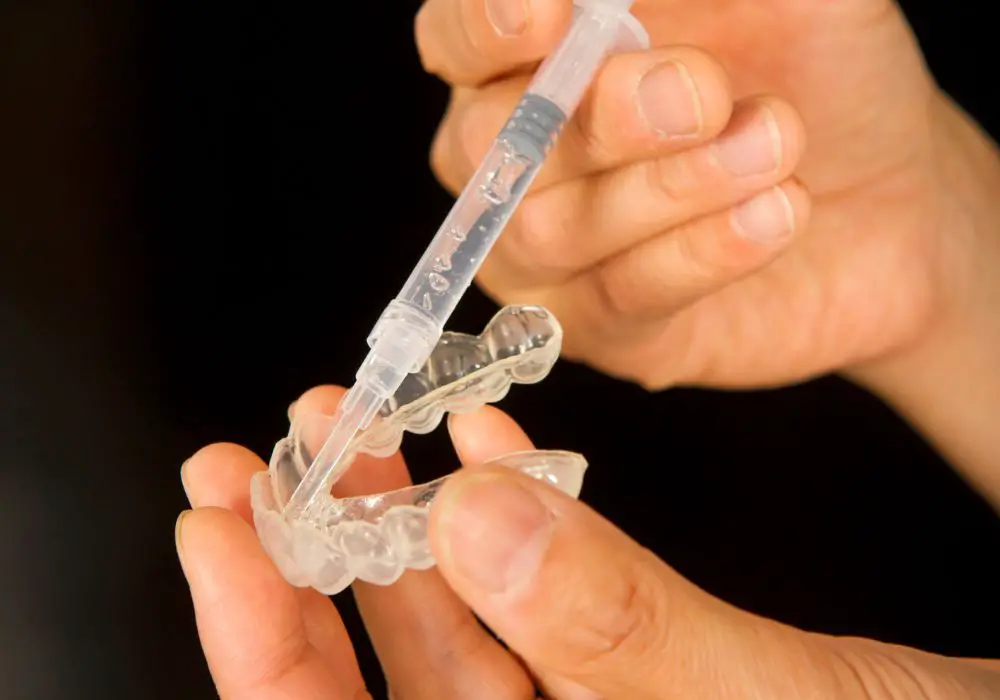
If you’re looking to brighten your smile, homemade teeth whitening with hydrogen peroxide can be a cost-effective and convenient option. Here are some benefits of making your own teeth whitening solution at home:
Cost-effective
One of the biggest advantages of making your own teeth whitening solution is that it’s much cheaper than professional treatments. Hydrogen peroxide is an affordable and readily available ingredient, which means you can create a whitening paste or rinse without breaking the bank. Plus, you can use the solution as often as you like without worrying about the cost.
Convenience
Another benefit of homemade teeth whitening is that it’s convenient. You can create your own solution at home using simple ingredients, and you don’t need to make an appointment with a dentist or visit a store to purchase a whitening kit. This means you can whiten your teeth whenever it’s most convenient for you.
Customizable
When you make your own teeth whitening solution, you have the flexibility to customize the strength and consistency of the mixture. This means you can adjust the amount of hydrogen peroxide to suit your teeth and avoid any sensitivity issues. You can also add other ingredients like baking soda or coconut oil to create a paste that works best for you.
Natural
Many store-bought teeth whitening products contain harsh chemicals that can damage your teeth and gums. Homemade teeth whitening solutions, on the other hand, are often made with natural ingredients that are gentle on your mouth. Hydrogen peroxide, for example, is a natural bleaching agent that can help remove stains without harming your teeth.
Overall, homemade teeth whitening with hydrogen peroxide can be a great option for those looking to brighten their smile without spending a lot of money or using harsh chemicals. With a little experimentation, you can create a customized solution that works best for you.
Risks and Precautions
While hydrogen peroxide can be an effective teeth whitening agent, it is important to be aware of the risks and precautions when using it at home.
Concentration
Hydrogen peroxide is available in different concentrations, ranging from 3% to 35%. Higher concentrations can cause damage to the enamel of the teeth, leading to sensitivity and pain. It is recommended to use a concentration of 3% or lower when using hydrogen peroxide for teeth whitening.
Overuse
Using hydrogen peroxide too frequently or for too long can also cause damage to the teeth and gums. It is recommended to use hydrogen peroxide as a teeth whitening agent no more than once a week and for no longer than two weeks at a time.
Application
When applying hydrogen peroxide to your teeth, it is important to avoid contact with the gums and other soft tissues in your mouth. If hydrogen peroxide comes into contact with these areas, it can cause irritation and inflammation.
Allergies
Some individuals may be allergic to hydrogen peroxide. Before using hydrogen peroxide as a teeth whitening agent, it is recommended to perform a patch test to check for any allergic reactions. If you experience any itching, swelling, or redness, discontinue use immediately.
Other Precautions
In addition to the above risks, there are other precautions you should take when using hydrogen peroxide for teeth whitening, including:
- Avoid swallowing hydrogen peroxide
- Rinse your mouth thoroughly with water after using hydrogen peroxide
- Do not use hydrogen peroxide if you have open wounds or sores in your mouth
- Consult with your dentist before using hydrogen peroxide if you have any dental restorations such as crowns or veneers.
By being aware of the risks and taking the necessary precautions, you can safely use hydrogen peroxide as a teeth whitening agent at home.
Creating Your Own Whitening Solution
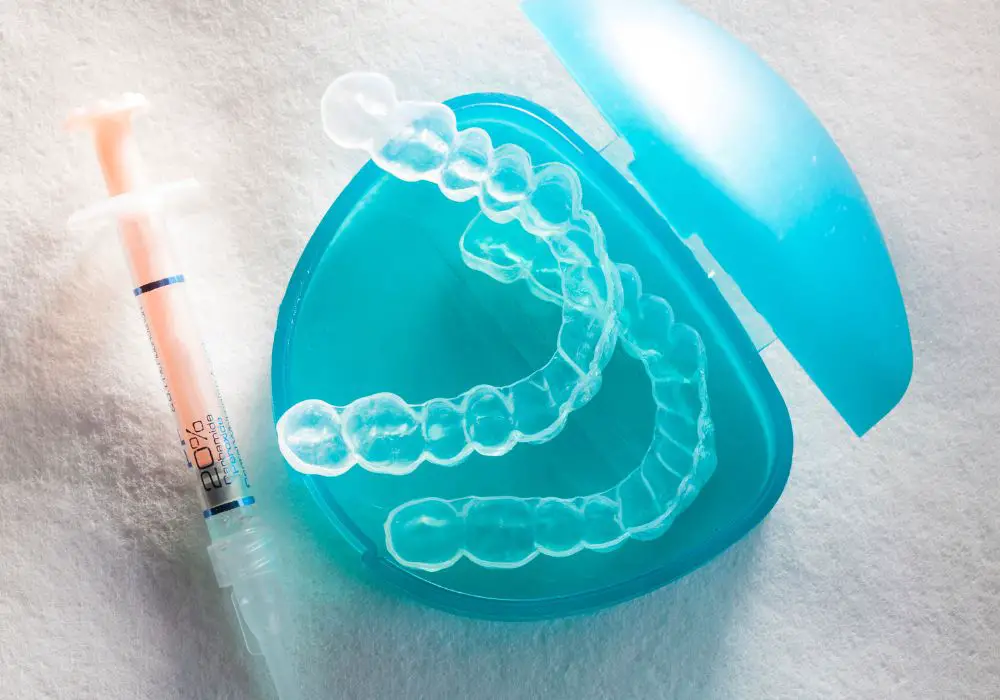
If you’re looking for a way to whiten your teeth at home, hydrogen peroxide is a common ingredient in many DIY whitening solutions. Here are the ingredients and steps you need to make your own hydrogen peroxide-based whitening solution.
Ingredients Needed
- Hydrogen peroxide (3% concentration)
- Baking soda
- Toothpaste
- Salt
- Water
Steps to Make
- Mix one teaspoon of baking soda with two teaspoons of hydrogen peroxide in a small bowl.
- Add a small amount of toothpaste to the mixture and stir until it forms a paste.
- Add a pinch of salt to the mixture and stir.
- Add a few drops of water to the mixture to thin it out to a consistency that is easy to apply to your teeth.
- Apply the mixture to your teeth with a toothbrush or cotton swab, making sure to cover all surfaces of your teeth.
- Leave the mixture on your teeth for 1-2 minutes.
- Rinse your mouth with water to remove the mixture from your teeth.
- Brush your teeth with toothpaste as you normally would.
It’s important to note that while hydrogen peroxide can help whiten your teeth, it can also cause sensitivity and damage to your tooth enamel if used too frequently or in high concentrations. It’s recommended to only use this DIY whitening solution once a week and to consult with your dentist before starting any at-home whitening treatments.
Applying the Solution
Preparation
Before applying the hydrogen peroxide solution to your teeth, there are a few things you should do to prepare. First, make sure you have the necessary ingredients: hydrogen peroxide and baking soda. You should also have a clean spoon and a small dish to mix the ingredients in.
Next, brush your teeth thoroughly with toothpaste and rinse your mouth with water. This will remove any food particles or debris that may interfere with the whitening process.
Application Procedure
To apply the hydrogen peroxide solution to your teeth, follow these steps:
- Mix a few teaspoons of baking soda in a dish with a small amount of hydrogen peroxide. Use a clean spoon to mix the ingredients until you get a paste-like consistency.
- Apply the paste to your teeth using a toothbrush or your finger. Make sure to cover all the surfaces of your teeth that you want to whiten.
- Leave the paste on your teeth for a few minutes. You can leave it on for up to 5 minutes, but if you experience any sensitivity or discomfort, remove it immediately.
- Rinse your mouth thoroughly with water to remove the paste from your teeth. You can also brush your teeth with toothpaste to remove any remaining residue.
- Repeat this process once a week until you achieve the desired level of whitening. Do not use this method more than once a week, as it can damage your tooth enamel.
It’s important to note that hydrogen peroxide can cause sensitivity and irritation in some people. If you experience any discomfort or pain while using this method, stop immediately and consult your dentist.
Overall, this method can be an effective way to whiten your teeth at home using hydrogen peroxide. However, it’s important to use caution and follow the instructions carefully to avoid any damage to your teeth or gums.
Post Application Care
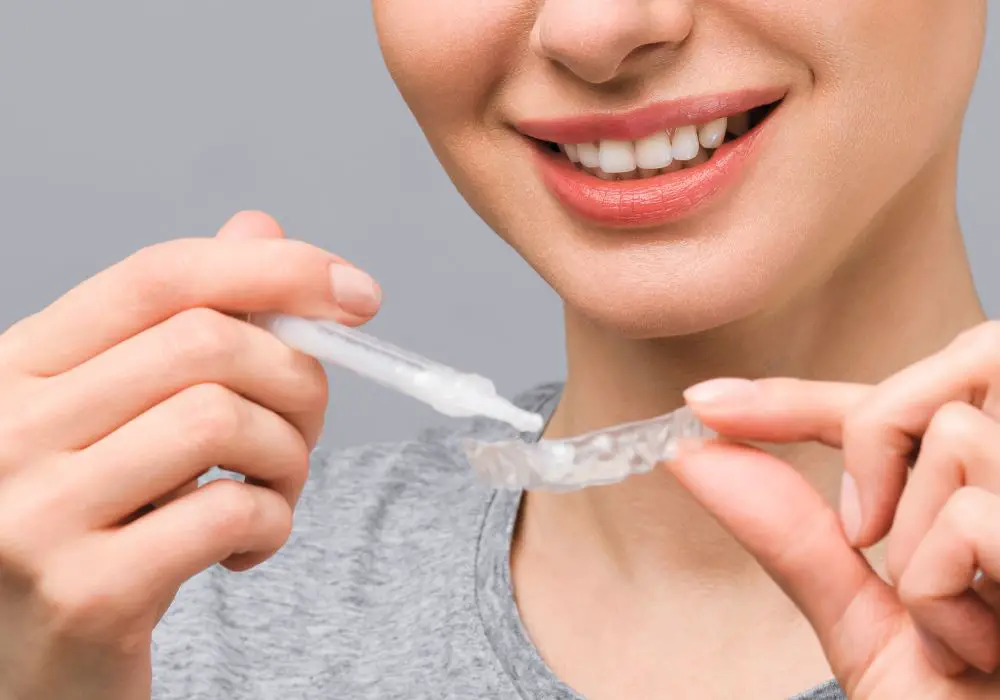
After using hydrogen peroxide to whiten your teeth, it’s important to take care of your teeth and gums to maintain the results and prevent any damage. Here are some tips for post-application care:
Rinse your mouth thoroughly
After using hydrogen peroxide on your teeth, rinse your mouth thoroughly with water to remove any residue. This will help prevent any irritation or sensitivity.
Avoid eating or drinking dark-colored foods and beverages
Dark-colored foods and beverages such as coffee, tea, and red wine can stain your teeth. To maintain your newly whitened teeth, it’s best to avoid these foods and beverages for at least 24 hours after the treatment.
Use a soft-bristled toothbrush
To prevent any damage to your teeth and gums, use a soft-bristled toothbrush to brush your teeth. Brush gently and avoid aggressive brushing.
Avoid smoking
Smoking can cause yellowing of the teeth and can also lead to other oral health problems. To maintain your newly whitened teeth, it’s best to avoid smoking.
Consider touch-up treatments
Hydrogen peroxide teeth whitening treatments can last for several months, but the results may fade over time. Consider touch-up treatments to maintain the results. However, it’s important to consult with your dentist before using any at-home treatments.
By following these post-application care tips, you can maintain the results of your hydrogen peroxide teeth whitening treatment and keep your teeth and gums healthy.
Maintaining Teeth Whiteness
After you have achieved your desired level of teeth whiteness, it’s important to maintain it. Here are some tips to help you keep your teeth white:
- Brush your teeth twice a day with a whitening toothpaste. Look for toothpaste that contains hydrogen peroxide, which is a natural bleaching agent.
- Avoid foods and drinks that can stain your teeth, such as coffee, tea, red wine, and dark-colored sodas. If you do consume these beverages, use a straw to minimize contact with your teeth.
- Rinse your mouth with water after consuming staining foods and drinks.
- Use a whitening mouthwash to freshen your breath and help maintain your teeth’s whiteness.
- Floss daily to remove plaque and food particles that can cause discoloration.
- Consider touch-up treatments every few months to maintain your teeth’s brightness. This can be done with at-home whitening kits or by visiting your dentist for a professional treatment.
Remember, maintaining teeth whiteness is an ongoing process. By following these tips, you can help keep your teeth looking bright and healthy.
Frequently Asked Questions
Is it safe to use hydrogen peroxide to whiten teeth?
Hydrogen peroxide is generally safe to use for teeth whitening when used properly and in the correct concentration. However, it’s important to note that using too much hydrogen peroxide or using it too frequently can cause tooth sensitivity and irritation to the gums.
What are the side effects of using hydrogen peroxide for teeth whitening?
Some common side effects of using hydrogen peroxide for teeth whitening include tooth sensitivity, gum irritation, and even chemical burns if the concentration is too high. It’s important to follow the instructions carefully and not use hydrogen peroxide too frequently to avoid these side effects.
How long does it take for hydrogen peroxide to whiten teeth?
The length of time it takes for hydrogen peroxide to whiten teeth can vary depending on the concentration used and the individual’s teeth. Generally, it can take a few weeks of consistent use to see noticeable results.
What are some alternative methods for teeth whitening?
There are several alternative methods for teeth whitening, including using whitening toothpaste, whitening strips, and even natural remedies like oil pulling or brushing with baking soda. It’s important to research and choose a method that is safe and effective for you.
Can hydrogen peroxide damage teeth?
Using hydrogen peroxide in the correct concentration and following instructions carefully should not cause damage to teeth. However, using too much hydrogen peroxide or using it too frequently can cause tooth sensitivity and irritation to the gums.
Is it necessary to dilute hydrogen peroxide before using it for teeth whitening?
Yes, it is necessary to dilute hydrogen peroxide before using it for teeth whitening. Using undiluted hydrogen peroxide can cause irritation and damage to teeth and gums. It’s important to follow instructions carefully and use the correct concentration for safe and effective teeth whitening.

